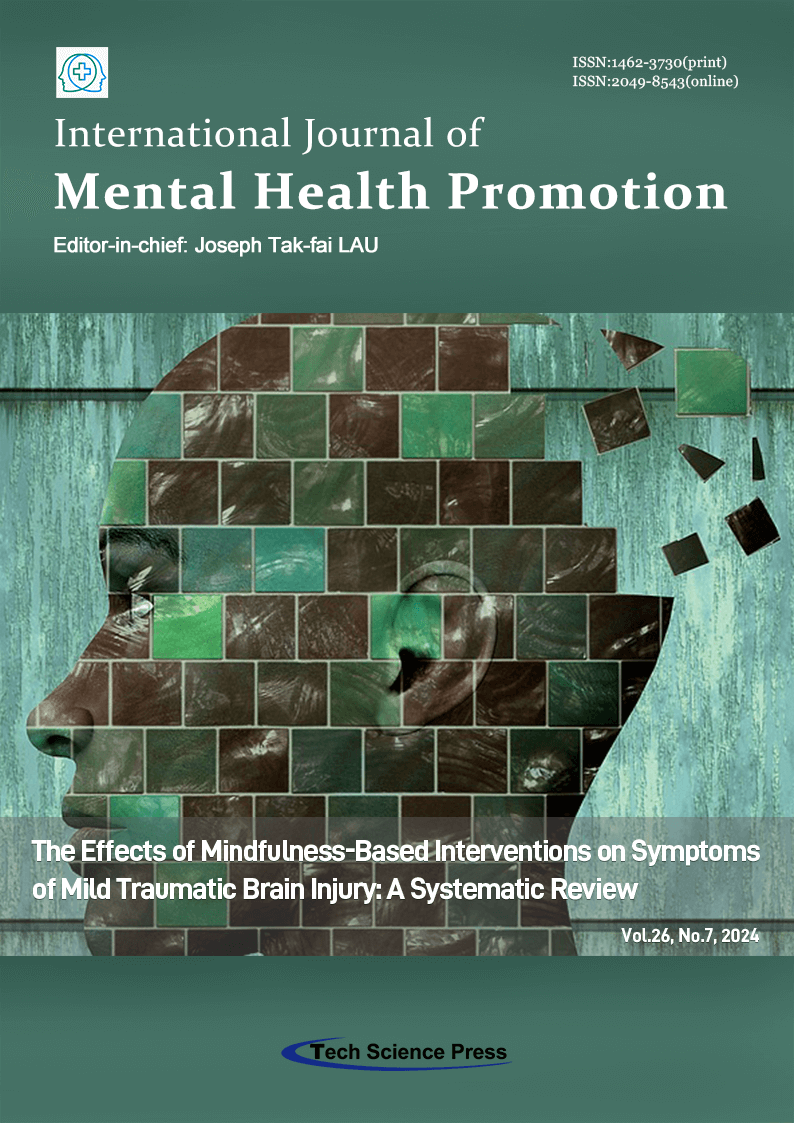
The objective of this systematic review is to examine the effectiveness of psychotherapy in treating Post-Traumatic Stress Disorder (PTSD) in military personnel. 49 RCTs were included, involving a total of 5073 veterans, retired and active military from four countries. The average score on the PEDro scale was 7.60. The primary psychotherapeutic modalities for military PTSD intervention include Cognitive-Behavioral Therapy, Exposure Therapy, Mindfulness interventions, psychotherapy based on new technological tools, and other emerging psychotherapeutic tools. The review highlights that Cognitive Processing Therapy (CPT) and Prolonged Exposure Therapy (PET) stand out as the primary psychotherapeutic modalities for treating PTSD in military personnel. In cases where CPT and PET yield limited benefits, Mindfulness interventions emerge as effective alternatives. Moreover, considering the diverse needs and high dropout rates in the military, population, the review suggests using web-based, computer, and virtual reality technology tools as supplements to first-line treatments (CPT/PET) to enhance overall intervention effectiveness. For the advancement of future psychotherapeutic initiatives, there is a pronounced emphasis on prioritizing proven first-line interventions, CPT and PET while also recognizing the potential of mindfulness-based interventions as credible alternatives. In tandem with this, the active integration of technological tools is advocated to amplify the therapeutic impact of conventional psychological treatment modalities.
View this paper